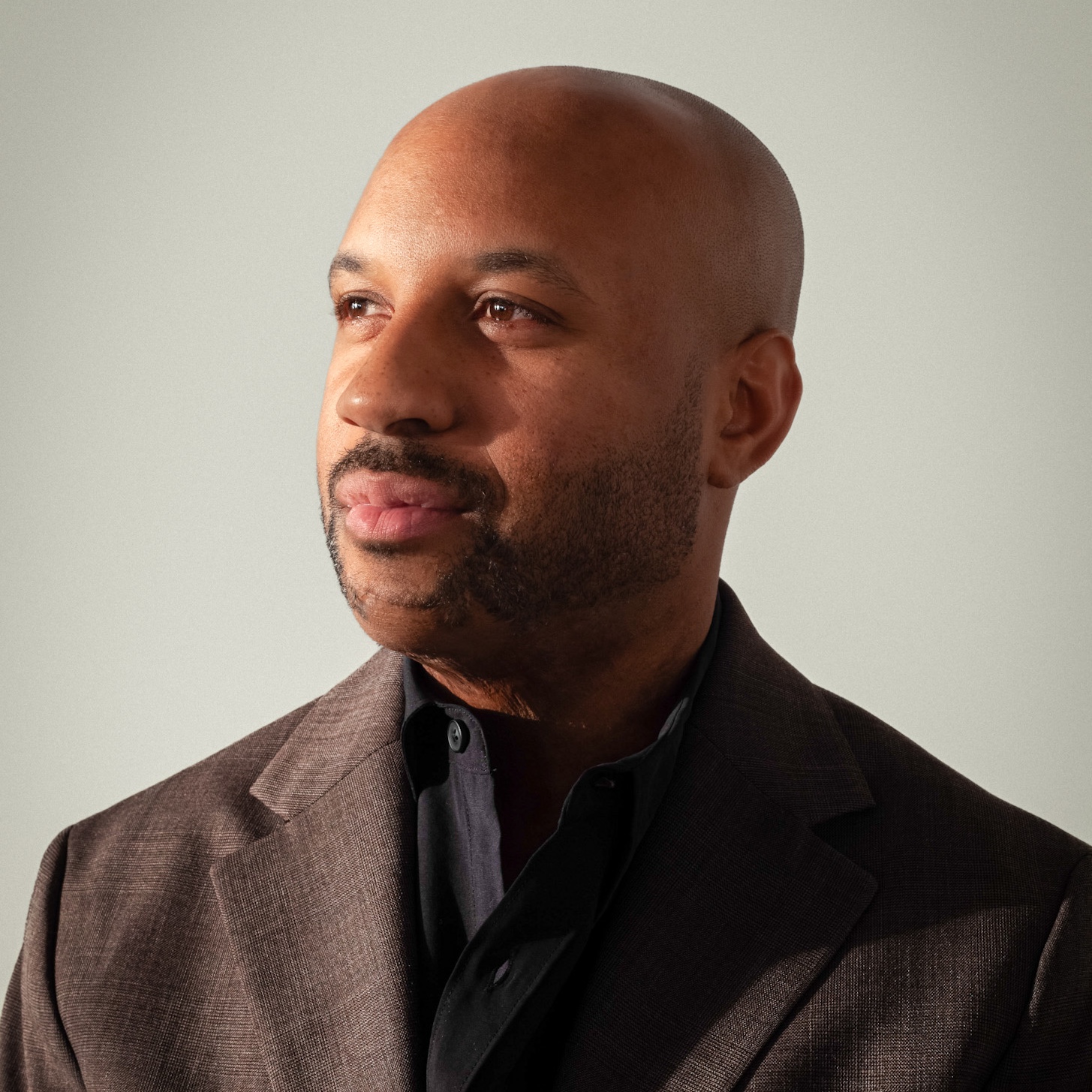Some readers of my first piece here asked why I seemed so flippant about the impending trade war between the United States and Canada. Now that the tariffs are a reality, I should explain my perceived lack of alarm over this supposed war between friends.
Over the past three months, our client meetings across industries as diverse as skincare, financial services, dentistry, and the arts have frequently focused on strategies to mitigate these tariff effects. Make no mistake – it's an undeniably difficult time to do business, even if you don't directly trade with or source from our southern neighbors. With tariffs and counter-tariffs taking effect today, conditions will likely worsen.
But here's why I might have come across as blasé: for years, I've been advising businesses and organizations to think local first. After what we witnessed in October 2023, when large groups in Canada were abandoned by government and many businesses across the West, those communities were forced to look inward. Suddenly, the wheels of a micro-community-based economic orientation, which were already in motion, accelerated into something resembling a bullet train.
One of the most resonant memes for me as an Afro-Canadian/American/Caribbean Muslim was "Oh, so now boycotts are okay?" The point is simple: for many people around the world, the economic uncertainty Canadians now face is actually quite familiar territory.
In fact, the tariffs imposed on us pale in comparison to the sense of not controlling your own economic destiny – being gaslit about why someone would take your land, occupy your cities, or extract your resources without building even a functioning primary school in return, much less simply paying fair value.
The silver lining? Our communities are moving on and moving forward. There's a reason why companies worldwide seen as complicit in the Gaza genocide or fueling the Sudanese civil war are in serious trouble.
I remember being just outside Westminster in London a few months ago and visiting a restaurant where there wasn't a Coke or Pepsi in sight. Instead, we enjoyed Gaza Cola, a proudly "genocide-free" beverage. This type of consumer realignment is accelerating. Brand loyalty is becoming a reward for more than just good marketing and likable products.

I’m sure Malaysians used to love their iced brown sugar espressos from Starbucks – that didn't stop them from boycotting the brand so effectively that over 50 stores closed last year alone.
Back in Canada, these sentiments and the tangible results of organized boycotts are certainly having an effect. While harder to quantify precisely, we clearly see impact in the alternative brands that are thriving in industries that used to be very difficult to penetrate.
So what advice are we giving our clients in these uncertain times? Besides the no-brainer of orienting as much as you can toward Canada, here are three essential strategies:
- Put your ethics front and center. Consumers aren't naive. If you're engaged in trade with entities supporting unconscionable actions – whether related to Israel, the RSF, or Rwanda – stop and be transparent about your position. Authenticity matters more than ever.
- Develop an organic content strategy focused on your local community. Show how your product or service addresses their specific problems and needs. Following generic TikTok trends was never a winning strategy, and it's now less effective than ever.
- Diversify beyond American social media platforms for your ad spend. These companies have demonstrated questionable practices over recent months. It’s impossible to ignore them in many cases, but my advice is to take whatever marketing you can into real-world spaces and build tangible IRL communities around your brand.
As we watch the metaphorical bridges between Canada and the United States smolder, let's focus on building bridges within our communities based on justice and mutual support. It's not just good for our collective conscience – it's becoming essential for business success as well.
The businesses that will thrive in this new reality aren't the ones waiting for international relations to "normalize." They're the ones recognizing that the economic rulebook has fundamentally changed, and that community-centered approaches aren't just ethical positions – they're strategic imperatives.
To my fellow Canadians, welcome to the economic reality the rest of the world has long understood. The question isn't whether we'll adapt, but how quickly we'll recognize that the micro was always more powerful than the macro – it’s too bad that it has come to this, but it is probably the push we needed to see it.



